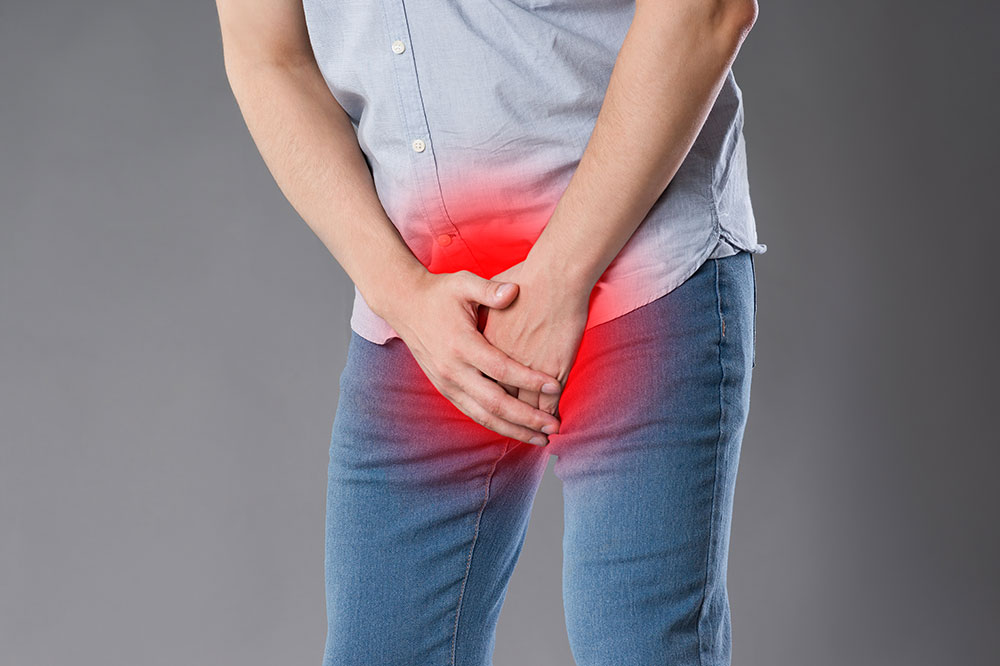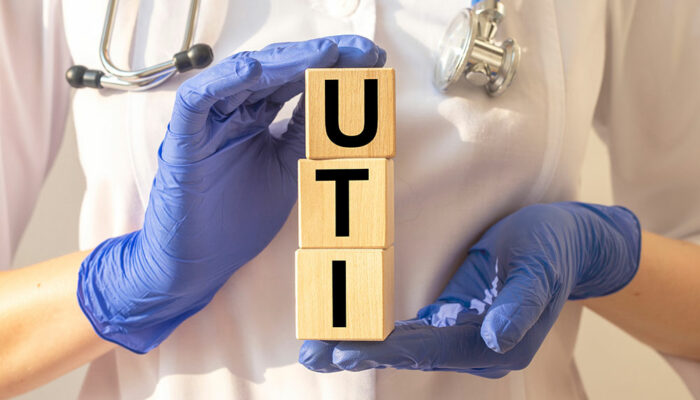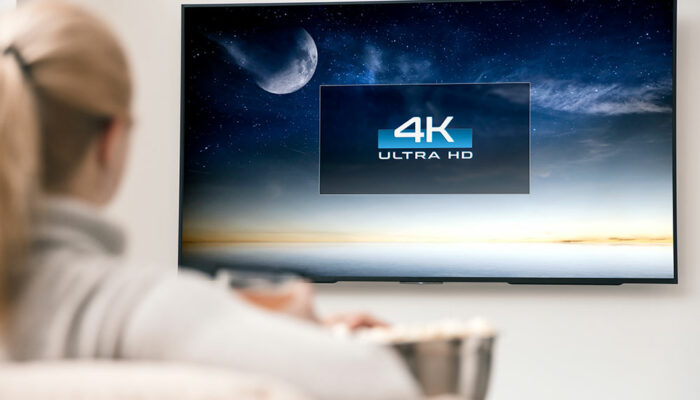
4 Ways to Treat an Overactive Bladder Naturally
The most common complication of an overactive bladder (OAB) is the urge to urinate at unexpected times. Those diagnosed with OAB sometimes go through embarrassing situations like urine leakage. Since there is no cure for OAB, the focus is on managing the symptoms with medication and surgery. Since long-term medication may cause side effects, doctors also suggest managing OAB with natural methods to reduce the frequency or the urge of urination.
Complications of OAB
Impact on quality of life and hesitation towards social interaction due to fear of wetting themselves in public is a significant fallout of OAB. It can impact their work and personal lives. They constantly may have to rush out of meetings and not participate in family events. Women may tend to shy away from sexual activity, fearing urine leakage. Fatigue and depression are common in many OAB patients as isolation and embarrassment take a toll on them. Continuous urination can also lead to dehydration. Urinary infections and bladder infections are common in people affected with OAB.
Treating OAB naturally
There can be many side effects of OAB medication; they include constipation, drowsiness, dry mouth, blurred vision, indigestion, and arrhythmia. OAB medication can worsen symptoms of people with dementia or cognitive impairments. Chronic use of some OAB medications can result in hypertension and headaches. A person treated for kidney and liver disease may experience diarrhea, constipation, abdominal pain, and rashes.
Doctors then recommend treating OAB naturally with reduced dosages of medication. Do not discontinue medication and use natural remedies without the approval or supervision of a doctor. The natural remedies for OAB are:
1. Make dietary changes
People with OAB should avoid food that is diuretic or food that irritates the bladder lining. Nutrition directly impacts the bladder, and meal changes are one of the first ways of managing OAB. Remove caffeine, alcohol, artificial sweeteners, acidic and spicy food from one’s diet. Removing caffeine from the diet can bring about immediate and long-standing relief. Similarly, since alcohol is a diuretic, small amounts of alcohol can lead to urine incontinence. Drinking small amounts of water can prevent dehydration and can reduce the need for frequent trips to the bathroom.
2. Do exercises for pelvic floor muscles
Kegel exercises help men and women control their bladder muscles that control urine flow and output. Regular and diligent exercising can bring about immense benefits, reducing the dependency on medication. Whenever one feels the urge to pass urine, contract the pelvic muscle and hold it for ten seconds. Repeat this 3-5 times until the urgency reduces. Take the help of a physical therapist until one can do the exercise on their own.
3. Maintain ideal weight
Obesity not only increases the risk of OAB, but it can also lead to severe OAB. Maintaining diet control, engaging in hectic physical activity for 30 minutes every day can help one reduce weight.
4. Reduce or manage your stress
Stress can lead to activity in the autonomic nervous system activity leading to increased bowel and bladder activity. Listen to music, meditate, or do some breathing exercises whenever one feels stressed.



